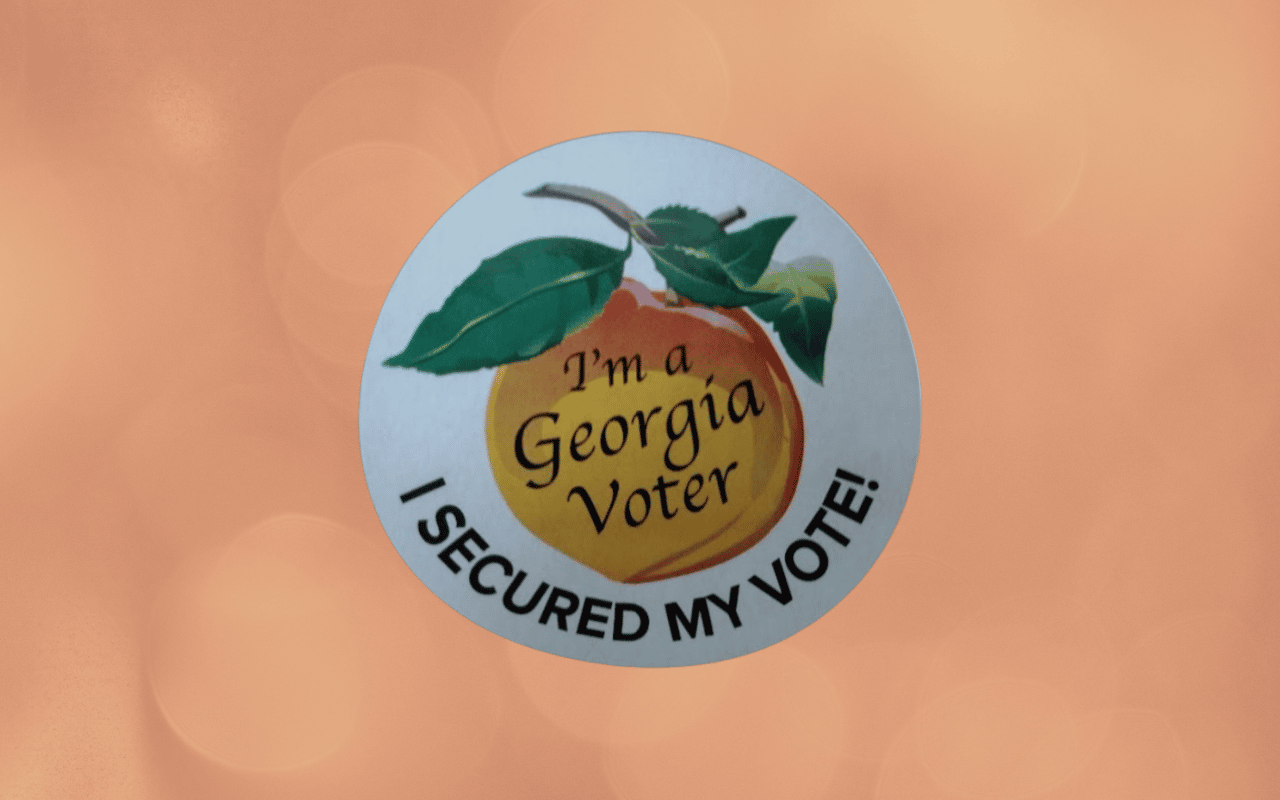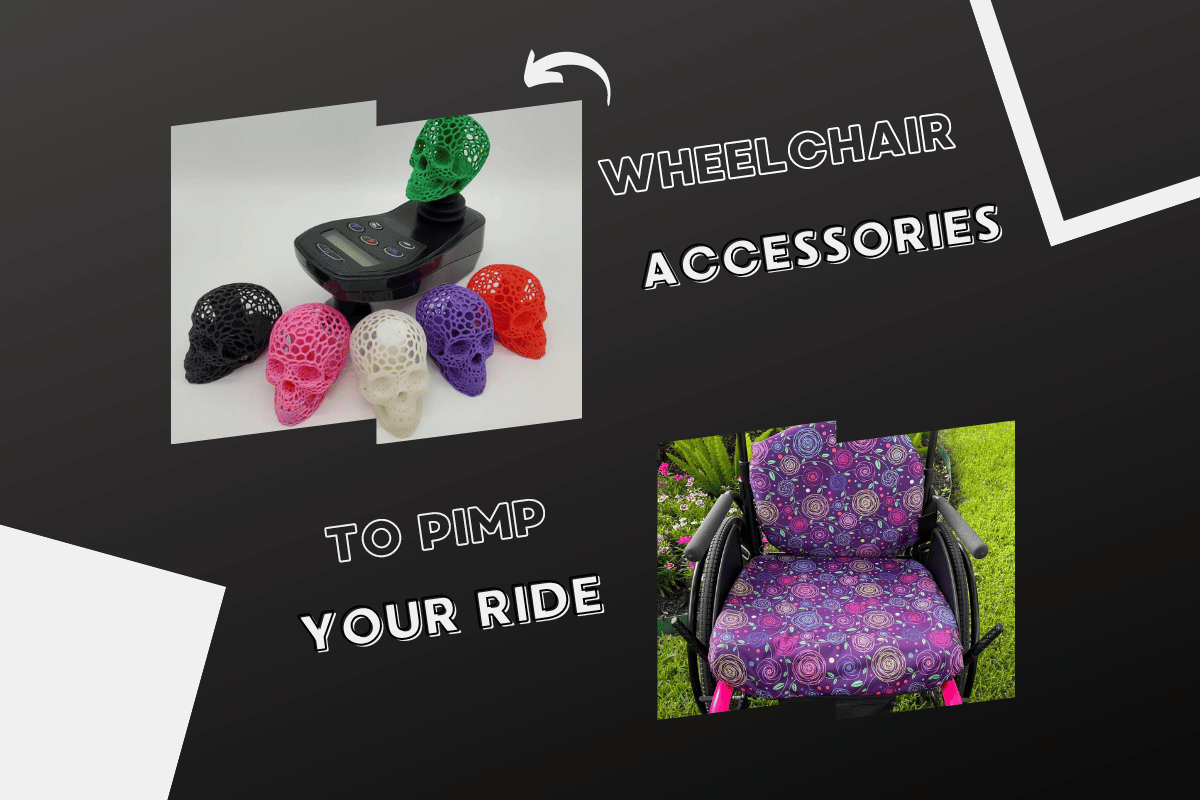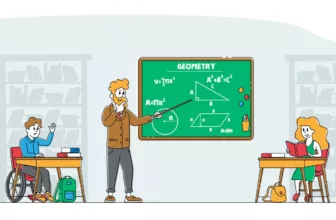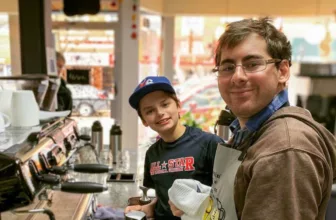
Many states worked after the 2020 election cycle to make it harder to vote in various communities they deemed not congruent with their interests. My state was no exception. This has led to mass disenfranchisement and the loss of rights for the disabled community and others. Those enacting these laws can claim unintended consequences, but the consequences are real nonetheless.
I am disabled and cannot stand in line to vote. My state's new voting laws have made it prohibitive for me to vote, from making it harder to apply for an absentee ballot, delivering them late in the mail so they cannot reliably be returned by mail, a shortened early voting period, and no one other than a family member can drop off an absentee ballot. If I wanted to access a drop box, and there are only a few left after the new law, I would have to go into the polling place to drop it off. You used to be able to pull up in your car and put your ballot in the box. Now I must get transportation since public transportation is inadequate, find parking, and often disabled parking is full, get out my walker, walk a long distance, wade through the crowd, and so on. This is prohibitive for many. So, they just do not make the effort to vote.
According to the Centers for Disease Control and Prevention, 26 percent of American adults live with a disability. Many have issues that render them incapable of living alone. In 2020, due to the pandemic, accessibility to the ballot box improved. Changes were made to make it easier to access a ballot such as ballots mailed to houses without a request, others could deliver your ballot, drop boxes appeared, and more people were eligible to receive an absentee ballot. Voting was easier and the disabled community benefited from this.
As many as 17.7 million people with disabilities (62 percent of all voters with disabilities) reported voting in the November 2020 general election, up from 16 million (56 percent) in the 2016 general election, according to data from the Program for Disability Research at Rutgers University and the US Election Assistance Commission. These voters faced new barriers to casting their ballots in the 2022 midterms.
After waiting as long as I could for my ballot to come in the mail, I realized I'd have to vote in person. I got out of the house, drove down the street, and drove around the parking lot for a while because there was no available disabled parking. I hauled out my walker, walked a long distance, and made it to the front of the line. There was no ramp for my walker. And after all of that, I cast my vote. They are forcing long lines, forcing people to go to a polling place with no disabled parking, and forcing us to deal with a system made harder just so one party can maintain power.
I was lucky that I was mobile enough to overcome the barriers and vote, but what about everyone else? You should not have to get lucky to exercise your rights. I was able to overcome barriers to voting many are not. Like I said, I was lucky.
If state legislatures will not protect the rights of their disabled citizens, then advocates and the courts must step in to right this wrong. It is not right or fair that there is a de facto poll tax that disabled people have to pay to exercise their rights. Public policy impacts disabled people significantly, from Social Security Disability, healthcare, Medicare, and Medicaid to the Americans with Disabilities Act. Not to mention we pay taxes like everyone else. We have the right to be included in our system of government that is intimately involved in our lives.
I feel both political parties have failed to protect disabled people. We are an afterthought or a pawn amid a political battle for power.
No matter who disabled people are voting for, they deserve the right to cast a ballot and have their voices heard. Many will not be voting because they do not have convenient, fair access to the ballot.
I voted and it felt good. I participated and now I can hold our elected leaders accountable.
If you have barriers to voting or want to help those who do, you should become active in disability rights. You are needed to amplify voices that are rarely represented in the public arena. We are typically relegated to the sidelines, seen as less than or not worthy of listening to. The reality is we are just as valuable and meaningful contributors as everyone else.
We can do better by all citizens.
Let us vote!
I am Black, lesbian, disabled, mentally ill, fat, a birth mom, mom and grandmom (grand ma Coco to be exact) and Funny. I am a woman who is constantly fighting for my and your liberation.
I have a history of working for those living at the margins mostly in activist and nonprofit spaces. I currently work in the mental health field serving those who have been convicted of felonies and are in mental heath court. I am also a writer. I write about disabilities, chronic illness, mental health, racial trauma, sexual violence and disordered eating. I am also a public community speaker on the same topics. Hit me up if you need my writing or speaking skills.
Please use she or her pronouns when referring to or about me.








